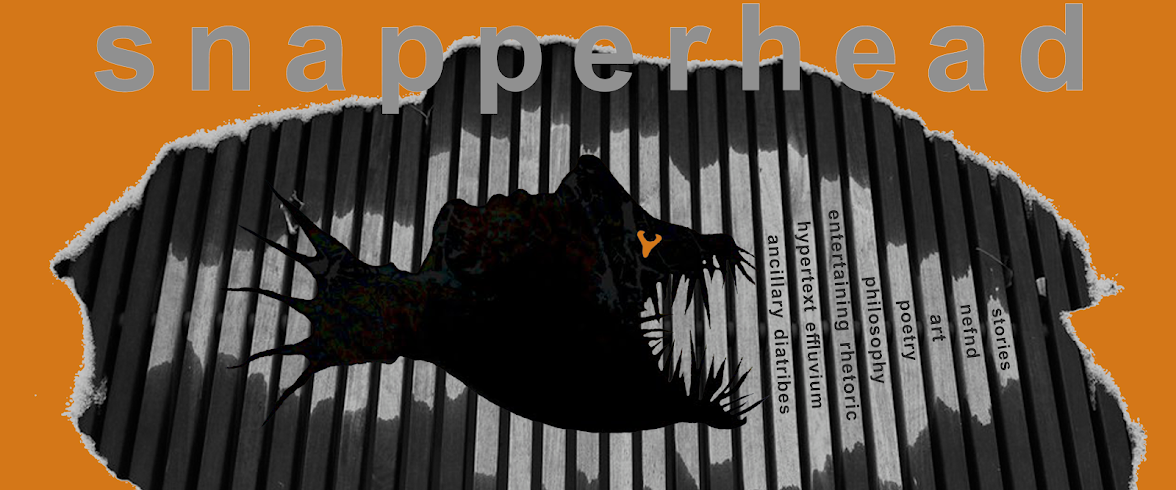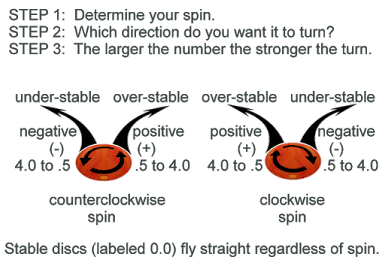
Mr Folger: This year the cover of your book contains the word best, and - after reading it - I'm certain it is as intentionally-erroneous as the US administration's weapons-of-mass-destruction. The editor you hired this year is not only what his namesake implies, but an incompetent dumbfuck too.
Several hundred magazine articles were published last year, your editor obviously chose to publish his friends and, then, only about topics he was interested in: religion, politics, drugs, psychiatry, and combinations on those themes.
Five articles - 20% of the book- are about drugs and food supplements that stupid Americans can't stop taking, and four articles - 16% of the book- is about psychiatry: Two, written by the same person: one about PTSD and how it has changed in the last half-century and another about personality tests and how they have changed over the last half-centry. Two others are about Rorschach’s ink blots—and amazingly PTSD, again.
Two articles, 8% of the book is about religion—yes, that’s right: My God Problem – And Theirs and Keeping the Faith in My Doubt. I had to keep looking at the cover to remind myself what book I was reading.
NASA and space exploration get three articles…all three are very similarly toned: ‘Bad, stupid, politicians should never have cut NASA’s budget’, which is compounded by another article about just bad, stupid, politicians (and the voters that put them in office).
I found three interesting articles: The Curious History of the First Pocket Calculator, about the first hand-held fully-mechanical calculator, which could add, subtract, multiply, and divide up to 15 digits made in the 1940’s; To Hell and Back, about a scuba explorer who cave dives for weeks at time, thousands of feet underground; and Who’s Life Would You Save?, a philosophical piece about morals and fairness.
Just hang out in the bookstore and read those 30 pages in the isle.









































